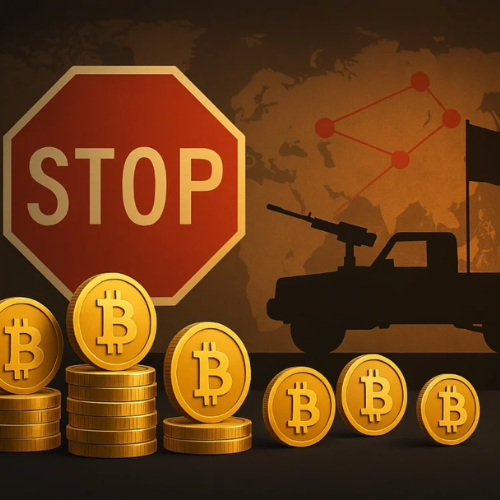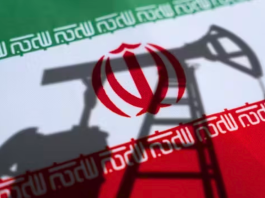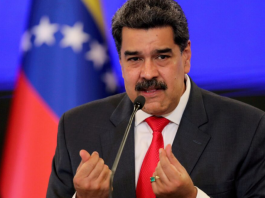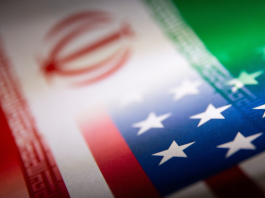The U.S. Treasury’s Office of Foreign Assets Control, known as OFAC, has taken a serious step against the Houthi movement in Yemen. On Thursday, OFAC announced that it is blacklisting eight cryptocurrency wallets connected to the group. These wallets hold USDT, a type of digital dollar known as a stablecoin, and they operate on the Tron blockchain.
Why is this important? These crypto wallets are said to help the Houthis—also known as Ansarallah—move money around the world. According to the U.S. government, these funds are used to support illegal activities. This includes shipping goods by sea and selling weapons—reportedly from Russia—to other armed groups in Yemen that have ties to Iran.
The blacklisting of these wallets means that they can no longer legally be used within the United States. All U.S.-based cryptocurrency exchanges and financial services are now required to block any transactions involving them. If any person or company in the U.S. tries to deal with these wallets, they could face legal trouble.
This move comes after the Houthis were labeled as a “Specially Designated Global Terrorist” organization by the U.S. on February 16, 2024. That earlier designation had already placed them under broad sanctions. But this new step goes further—it pinpoints the exact crypto wallets that the Houthis are believed to be using.
Houthis Under Pressure as US Sanctions Russian Support Network
How Crypto is Being Used
A crypto wallet is like a digital version of your regular wallet. But instead of holding paper money or coins, it holds cryptocurrency like Bitcoin, Ethereum, or in this case, USDT. USDT stands for “Tether,” and it’s a stablecoin, meaning it is designed to always be worth about $1.00.
These specific wallets are using USDT on something called the Tron blockchain. Tron is one of the most popular systems used for sending cryptocurrencies because it’s fast and cheap. That makes it a favorite for people who want to send money quietly and without using regular banks.
The U.S. government believes that these wallets are part of a financial web used by the Houthis to get money for operations that are against U.S. laws and international rules. By using crypto, they can avoid banks and try to stay hidden. That’s why OFAC is acting now—to cut off this route of money flow.
Marking and blacklisting these wallets helps make them “toxic” in the crypto world. This means that anyone who deals with them takes a big risk. Many cryptocurrency platforms across the world check if a wallet is blacklisted. If it is, they block it from sending or receiving funds. That’s how OFAC hopes to freeze the Houthis’ access to these digital assets.
OFAC’s History with Crypto Sanctions
This isn’t the first time that OFAC has gone after cryptocurrency wallets. Over the past few years, the agency has cracked down on crypto networks that help move money for criminals, hackers, or groups under sanctions.
US DOJ Seizes Hamas Crypto in Major Anti-Terror Crackdown
OFAC has previously sanctioned several cryptocurrency exchanges like Garantex, Suex, Hydra, Chatex, Bitpapa, and NetEx24. These platforms were found to be involved in shady activities—like helping criminals clean stolen money from ransomware attacks or moving funds for people and companies already under sanctions.
Many of these services worked in countries where rules on crypto are weak. By blocking access to them, OFAC has tried to stop bad actors from using digital money to get around normal banking systems.
The U.S. government takes this seriously because it sees crypto as a new tool that can be used for both good and bad. In this case, it believes that the Houthis were using these digital tools to fund operations that threaten peace and security. That’s why OFAC is making sure these wallets can’t be used anymore, especially not in any way connected to the U.S.
The message from OFAC is clear: anyone using crypto to support illegal actions, especially violent groups, will face strong penalties. These new sanctions are part of an ongoing effort to keep the financial system clean and safe—even in the digital world.




